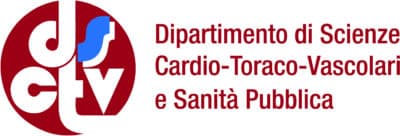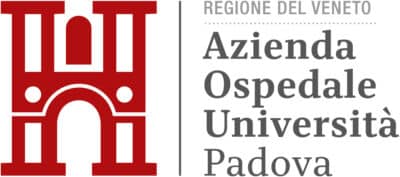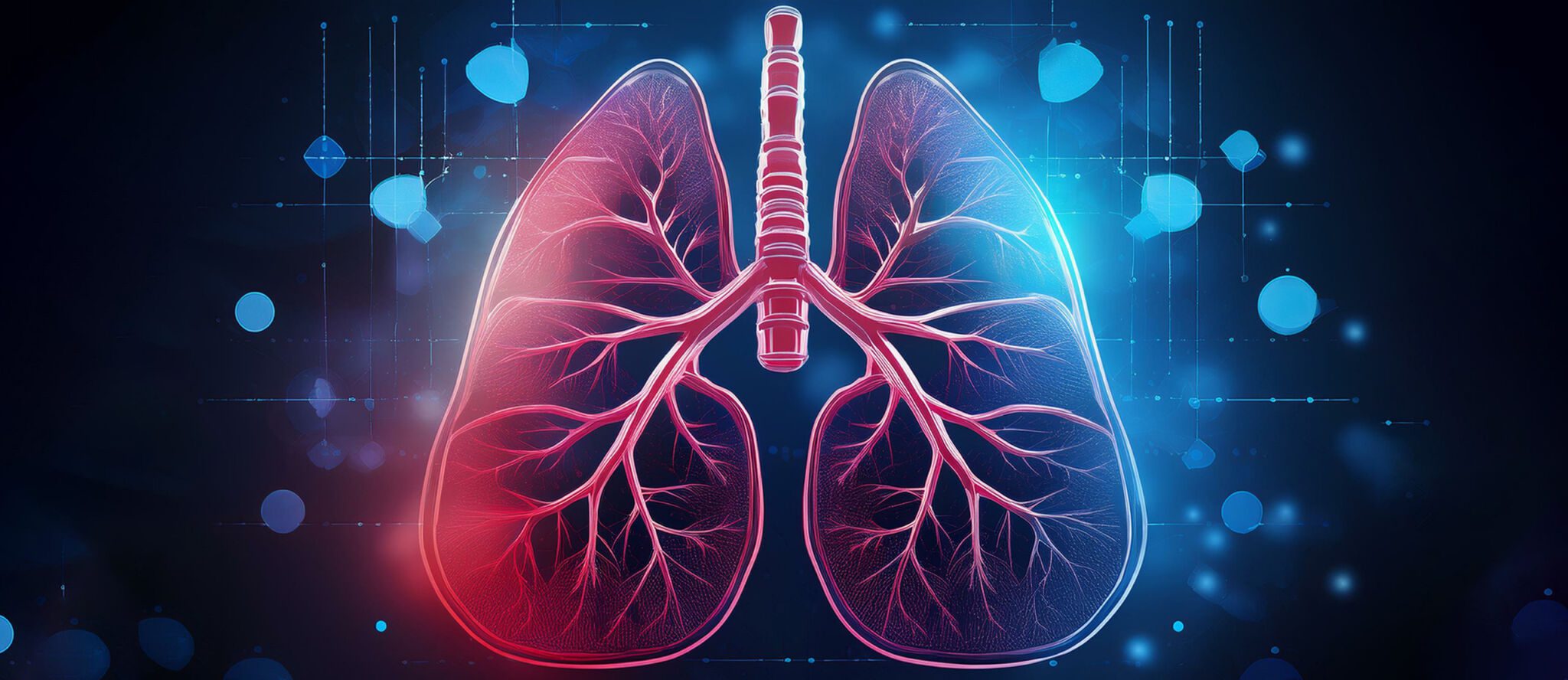

The Post-Graduate Course in Interventional Pulmonology provides or improves the pneumologists’ theoretical/practical competence on interventional pneumology. Apart from basic notions, the course covers the main diagnostic endoscopy procedures available, rigid bronchoscopy, and the innovations in terms of navigation systems for peripheral injuries. It delves into the topic of pulmonary cancer diagnostic and staging, and the role of bronchoscopy to diagnose interstitial lung disease, monitor transplant and treat obstructive pathologies.
There will also be a session on pleural effusions and pleural pathologies, the role of thoracic ultrasounds performed by a pneumologist, and pleural invasive procedures.
Lastly, the course will cover the topic of bronchoscopy urgencies.
The Post-Graduate Course in Interventional Pulmonology provides lectures on the following topics:
- Fundamentals of endoscopic anatomy and radiology of the airways, mediastinum and pulmonary parenchyma.
- Diagnostic bronchoscopy, endoscopic ultrasonographic, and rigid bronchoscopy techniques.
- Diagnostic procedures in case of suspect pulmonary neoplasms, lung cancer staging, indications for the endoscopic treatment of lung cancer, and cancerous cell detection in lung cancer.
- Classification and diagnosis of pleural disorders, management of undefined pleural effusion diagnosis, and diagnostic procedures (thoracoscopy, pleural drainage, thoracentesis).
- Classification and treatment of interstitial lung disease (ILD), radiology ILD aspects, ILD diagnostic procedures (BAL, transbronchial biopsy, cryobiopsy, TBNA and surgical biopsy).
- Endoscopic techniques in the treatment of obstructive pathologies, the role of bronchoscopy in transplanted patients, and urgency management.
The course includes lectures, hands-on practice and attendance of the endoscopy ward.
The Post-Graduate Course in Interventional Pulmonology is addressed to doctors specialized in pneumology, specialist medical students, and graduates in Medicine and Surgery licensed to practice.
Attendees to this course will improve their competence on procedures, both from a theoretical and practical standpoint. These skills are required to improve the management of pneumology patients.
With the competences acquired, especially in the hands-on part, attendees will be qualified to work in facilities with the respiratory endoscopy service, thus expanding their employment options.
The Post-Graduate Course in Interventional Pulmonology provides in-depth knowledge on the following topics:
Module 1 – INTERVENTIONAL PNEUMOLOGY: ENDOSCOPY FUNDAMENTALS
Endoscopy techniques: bronchoscopy. Endoscopic anatomy and radiology of airways. Anaesthesiologic support in respiratory endoscopy. Bronchoscopy contra-indications.
Module 2 – INTERVENTIONAL PNEUMOLOGY: DIAGNOSTIC AND THERAPEUTIC ENDOSCOPY
Endoscopic techniques: EBUS/EUS. Endoscopic ultrasonographic and radiological anatomy of the mediastinum. Collection techniques: transbronchial biopsy or needle aspiration. Navigation systems. Endoscopic techniques: rigid bronchoscopy. Operative bronchoscopy.
Module 3 – INTERVENTIONAL PNEUMOLOGY IN LUNG CANCER: DIAGNOSIS AND STAGING
Imaging techniques in thoracic analysis; radiology. Imaging techniques in thoracic analysis: nuclear medicine. Endoscopic diagnostic techniques in lung cancer. Endoscopic staging of lung cancer. Processing methods of biopsy samples and molecular biology techniques.
Module 4 – INTERVENTIONAL PNEUMOLOGY IN PLEURAL PATHOLOGIES
Physiopathology of the pleural space and physiopathology of pleural effusions. Managing malignant and non-malignant pleural effusions. Principles of thoracic ultrasounds. Endoscopy techniques: thoracoscopy. Pleural drainage: how and when. Infectious pleuritis/empyema: pneumological management.
Module 5 – INTERVENTIONAL PNEUMOLOGY IN ILD (INTERSTITIAL LUNG DISEASES)
Diagnostic, treatment and care path of ILD. Radiology aspects in ILD. BAL, TBB and cryobiopsy in ILD. Endoscopy collections in sarcoidosis diagnosis. The role of surgeons in ILD.
Module 6 – INTERVENTIONAL PNEUMOLOGY IN OBSCRUTIVE PATHOLOGIES AND IN PECULIAR CLINICAL CONDITIONS
Bronchoscopy in bronchiectasis. Indications for lung transplant. Procedures to treat asthma. Procedures to treat BPCO. Bronchoscopy in pulmonary transplant. Endoscopic haemoptysis. Bronchoscopy urgencies.
Module 7 – INTERVENTIONAL PNEUMOLOGY: SIMULATION
Inspection and diagnostic bronchoscopy. Procedures on pleural effusions.
The general ranking of merit for the academic year 2025/26 will be published on the Italian page of this Course according to the timing provided in the Call.
Information
FAQ
The minimum number of applicants is 5 and the maximum is 20.
Requirement access to the course are a Degree in Medicine and Surgery, Class 46/S of specialization degrees in Medicine and Surgery, LM/41 in Medicine and Surgery, and being licensed to practice.
If the number of applicants exceed the maximum threshold specified, their resume, dissertation, publications and other titles will be evaluated.
The course includes a theoretical in-person section, in one of the classrooms of the Padua University Hospital, Via Giustiniani 2, and a hands-on section to be carried out within the same venue (Padua University Hospital).
It will be scheduled one or two days a month (Friday or Saturday) between November 2025 and October 2026.
In the hands-on section, attendees will use an advanced simulator (Bronch Mentor) for simple bronchoscopy and endoscopic ultrasonography, available in a simulation classroom at the Padua University Hospital, Via Giustiniani 2.
Moreover, pleural procedures simulations (surgical and percutaneous pleural drainage positioning, tunnelled drainage and ultrasonographic biopsies) will be carried out on dummies, at the Respiratory Endoscopy Ward of the Padua University Hospital.
Attendance at the Respiratory Endoscopy Ward, located on the first floor of the Padua University Hospital, will be of two weeks for each attendant.
Yes, attendance of at least 70% of the course is mandatory.
The course provides 8 ECM credits.
Yes, there will be a written and oral final exam.

